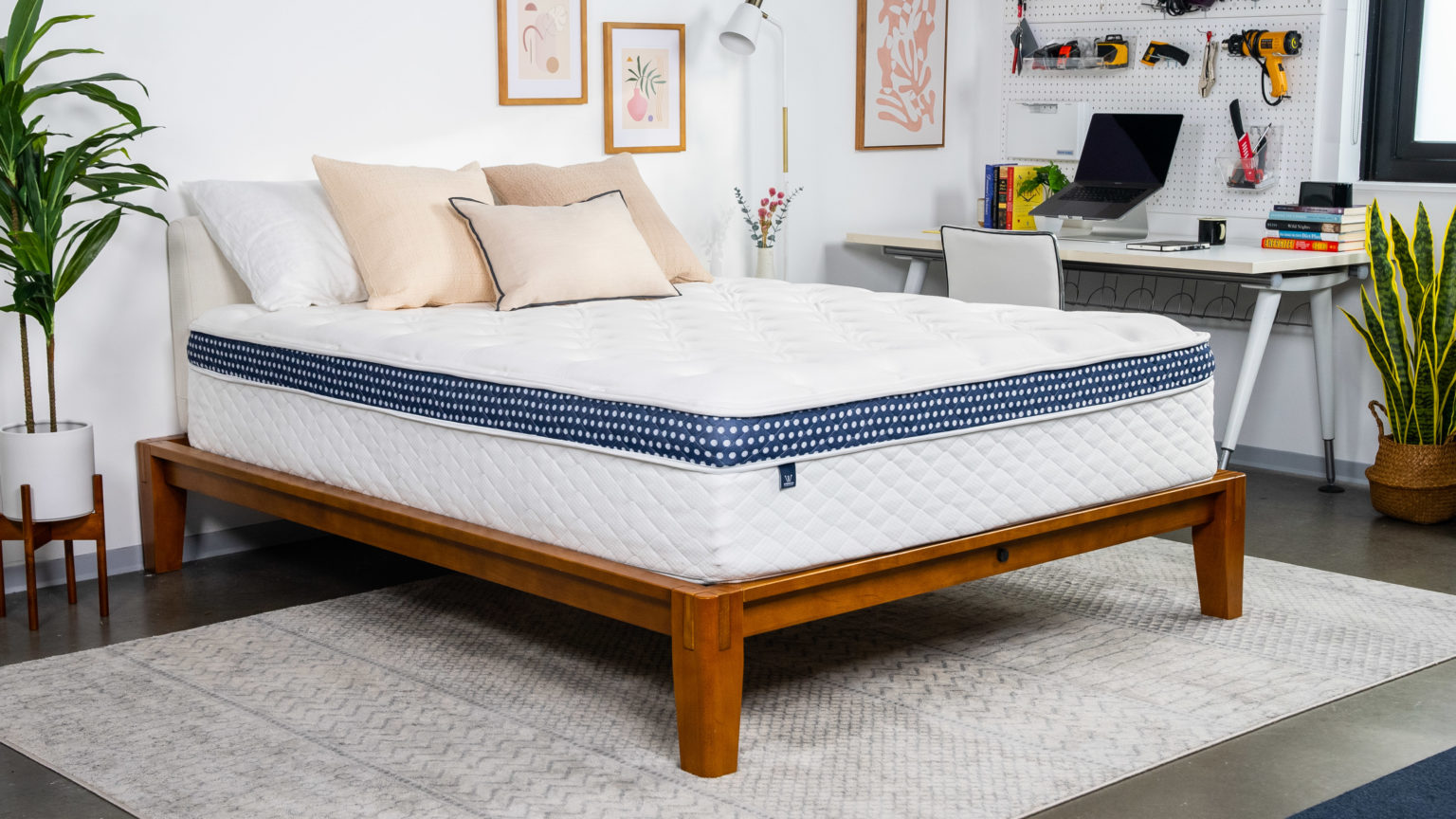Getting a good night’s sleep is essential for your overall well-being, and your choice of bedding plays a crucial role in determining the quality of your sleep. From the type of sheets you use to the materials of your pillows and mattress, every aspect of your bedding can significantly impact your sleep.
Your mattress is the foundation of your sleep environment. The right mattress can provide the necessary support for your body, aligning your spine and reducing discomfort. Memory foam mattresses are known for their ability to contour to your body’s shape, while spring mattresses offer varying firmness levels. The choice depends on your personal preferences and any specific sleep-related issues you might have.
Sleep quality refers to how restful and rejuvenating your sleep is. Factors contributing to sleep quality include the amount of deep sleep, the number of awakenings during the night, and how quickly you fall asleep. Your bedding can either enhance or hinder these factors.
Optimal Pillow Selection
Pillows are not just for comfort but also crucial in maintaining proper neck and spine alignment. Depending on your sleeping position, you might need a different type of pillow. For instance, side sleepers often benefit from a firmer pillow that supports the neck’s natural curve, while back sleepers may prefer a flatter pillow.

The Impact of Bed Sheets and Bedding Materials
Breathable and Comfortable Sheets
The type of sheets you choose can significantly affect your sleep comfort. Cotton sheets are popular for their breathability and softness, promoting airflow and preventing overheating at night. Additionally, high-thread-count sheets can add an extra layer of comfort.
Considering Bedding Materials
Natural materials like cotton, bamboo, and silk are excellent choices for bedding due to their breathability and moisture-wicking properties. These materials help regulate body temperature, keeping you cool in the summer and warm in the winter. Avoid synthetic materials that can trap heat and cause discomfort.
Creating an Ideal Sleep Environment
Lightweight Comforters and Blankets
The weight of your comforter or blanket should be appropriate for the season. Opt for lightweight options during warmer months that won’t make you feel too hot. In colder months, choose thicker options that provide adequate warmth.
Noise and Light Control
A dark and quiet bedroom promotes better sleep. Invest in blackout curtains to keep out external light, and consider using white noise machines or earplugs to block unwanted sounds that might disrupt your sleep.
The impact of your bedding on sleep quality should be considered. Each component contributes to how well you sleep at night, from mattresses and pillows to sheets and comforters. Choosing the right materials and focusing on comfort, breathability, and support can create an optimal sleep environment that significantly improves your sleep quality.



